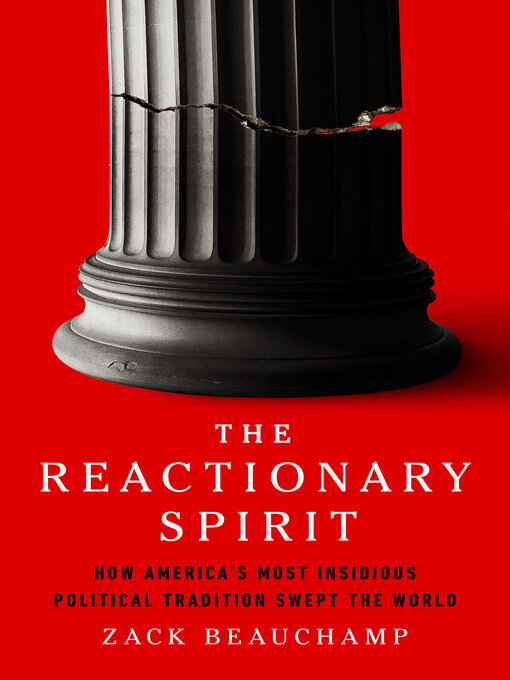- Available now
- New audiobook additions
- Most popular
- Celebrity Confessions
- Best of 2024
- See all audiobooks collections
- Favorite Magazines on OverDrive
- Food & Wine Magazines
- Health & Fitness
- Revistas
- Chinese Magazines
- Japanese Magazines
- See all magazines collections

